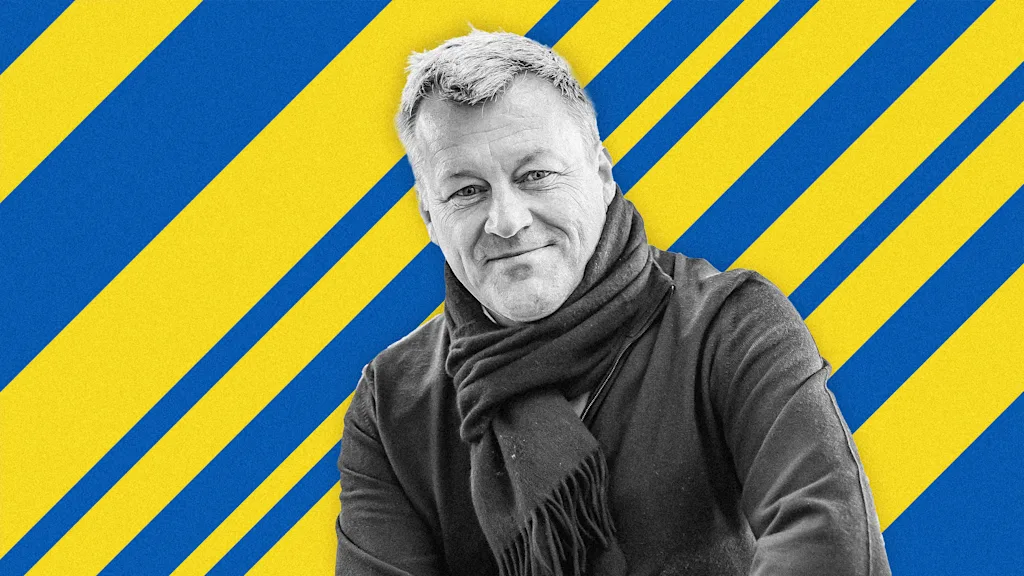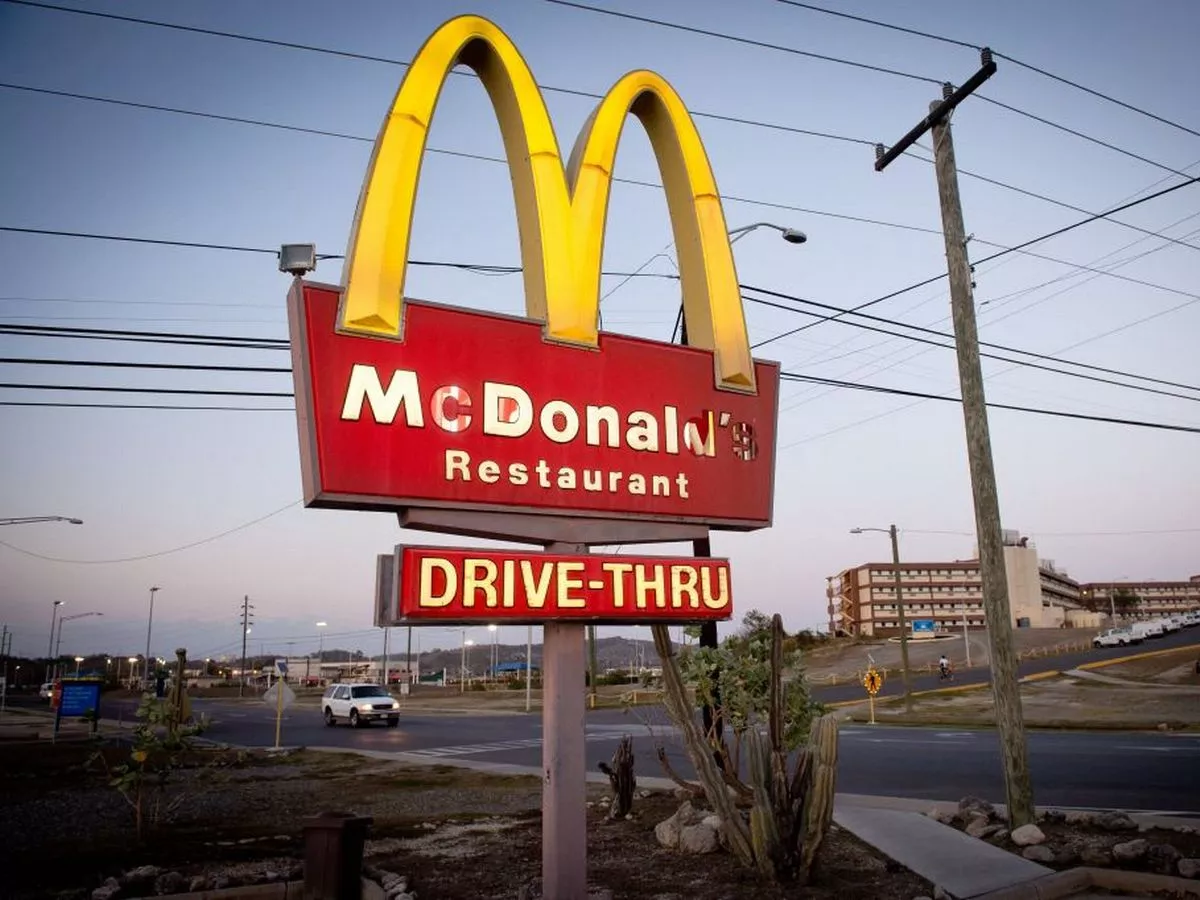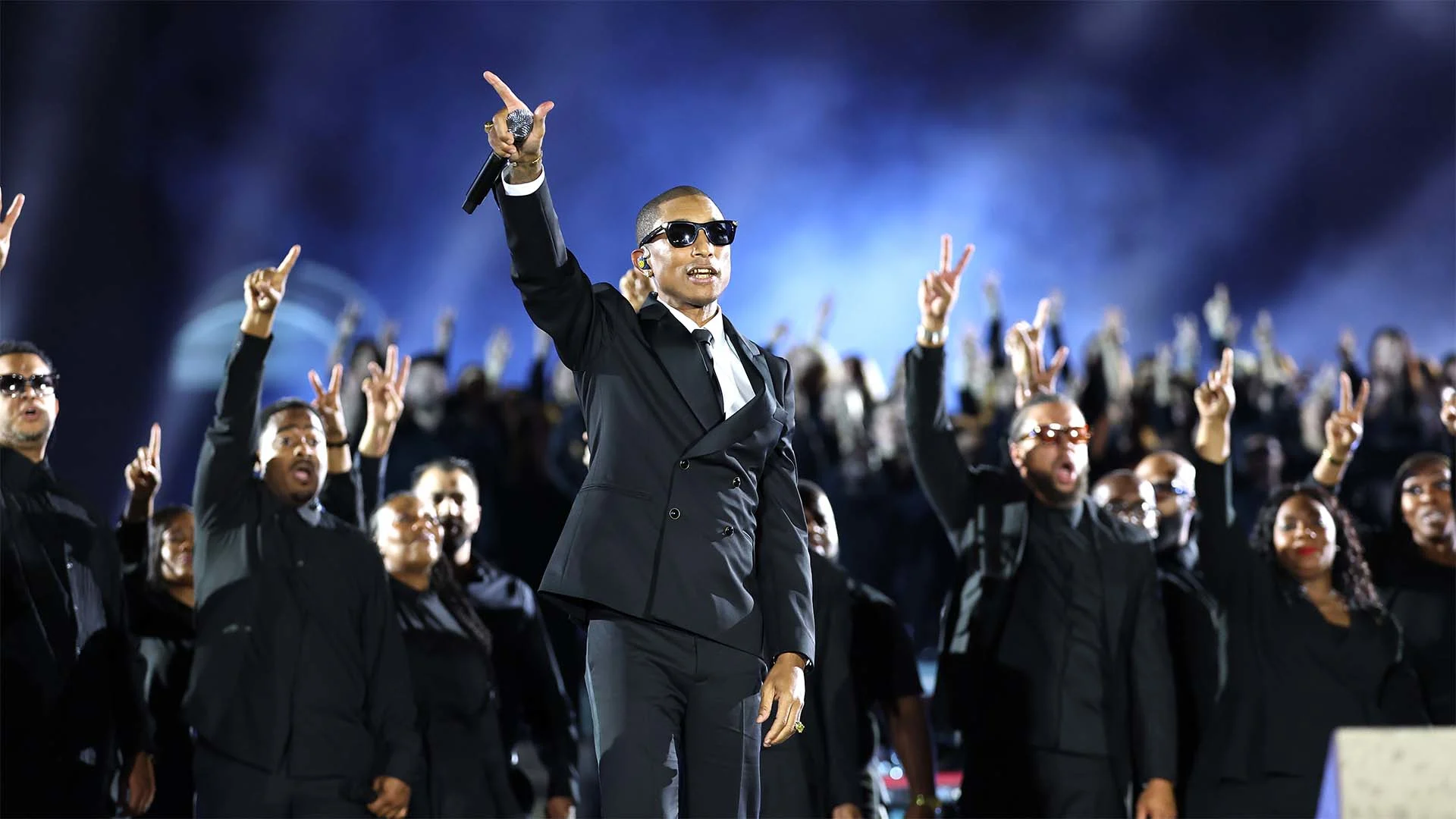
After eight years at the helm of Ingka Group, the operating entity behind home-furnishing giant Ikea, CEO Jesper Brodin is stepping down. Brodin explains why now was the right time to make the move, and shares how he’s steered Ikea through a whirlwind of changes, from rising tariffs to shifting public sentiments around DEI and ESG, as well as an evolving relationship between global business and governments.
This is an abridged transcript of an interview from Rapid Response, hosted by Robert Safian, former editor-in-chief of Fast Company. From the team behind the Masters of Scale podcast, Rapid Response features candid conversations with today’s top business leaders navigating real-time challenges. Subscribe to Rapid Response wherever you get your podcasts to ensure you never miss an episode.
I have to start with the news that you’re stepping down as CEO in November after 30 years at the company. That must have been a tough decision.
I’m moving on, actually. I’m not stepping down, I’m moving on. Thirty years in the company, eight years as CEO, and I think it’s been a decision that’s been in the making for a year or so on my side. I sometimes tell myself there is no such thing as perfect timing. Either you’re a little bit early or you could be too late, but I think, basically, the company is in a good place, we are performing, and the transformations that I was asked to lead—sustainability and digital transformation—we have come quite a long way, and I felt it’s a good time for me to hand over.
Subscribe to the Daily newsletter.Fast Company’s trending stories delivered to you every day
Privacy Policy
|
Fast Company Newsletters
And your deputy CEO is going to be stepping up, the company’s first non-Swedish CEO. Is that significant? Is there anything that we should read into that?
Well, I actually haven’t reflected on it, honestly. I think it’s really great because it shows . . . that we have a succession plan in the company, that we basically breed leaders from within. And this, I think, is incredibly important that you have people who can both stay connected to the past and the legacy and who can lead into the future. Juvencio [Maeztu] has been my deputy and CFO for seven years, so can you imagine a more patient person waiting for his turn to lead the company? So I wish him all the best of luck and I know he’s going to be amazing.
Well, yeah. Ikea is a global business, so to have some representation that’s not just from one place, it’s not a bad thing.
I think, to be honest, it’s interesting. We started a journey of diversity in all dimensions back in 2001. At that time we would’ve been a typically male and Scandinavian Swedish sort of company. The more north you travel in the organization, it would be male and it would be Swedish. And obviously, that was an issue at the end of the day, and our way of assuming understanding of our markets, our customers out there. And as much as I think it was a value-based decision, it’s also what is the right thing to do? That has opened up, of course, an enormous amount of talent that was already within the system. Today, we have 50-50 in gender balance across everything, and we have, a good mix of people coming from all places around the world. So I think we will probably see more of a mix of that. The Swedish legacy and heritage is important for us, but when it comes to values and connecting to that, I think people across all the world can do that.
We’re recording this just before you come here to New York for Climate Week. I know sustainability is very important to you. The trends here in the U.S. seem to be moving kind of in the opposite direction. I’m curious what sort of Climate Week you think that’s going to lead to. Is there anything specific that you hope to get out of it?
Well, I think when it comes to climate transformation, it’s moving and it’s speeding up in all parts of the world, in the U.S. as well. . . . So I think the climate-smart transformation is probably the biggest transformation that we’ve seen since industrialization started. Maybe AI would be right up there as well, or digital transformation, but there is no doubt as we speak today that the climate-smart economy is not only good from a planetary perspective, but also good for business in its essence.
advertisement
But I mean, that is not necessarily the message that the current U.S. administration is proceeding in its policies on. Right? So when you come here to New York, is that something you will try to address publicly, privately with other business leaders? How do you manage that?
Well, it’s a good question. I think if I start by consumers or customers in Ikea, we do this research, or review, or survey across all our 34 countries. We ask, in the end, something close to 40,000 people that are interviewed. We do that biannually, so we have a good, so to say, frequency of that.
The last years, across the globe, the topic that has sailed up as the biggest concern in the world is climate change for ordinary people out there. There’s nothing else. Geopolitics, AI, work, the pandemic was there a few years ago, as we all know, but nothing is actually up on the same level as climate change. So today, you ask Ikea’s consumers, 68% think that climate change is the biggest concern. There’s very little difference between Texas, Stockholm, Shanghai, and so on. There are a few marginal percentages difference. The difference comes when you look at age groups, actually, across the world. So if you travel down in age groups, the awareness and the worry is much bigger.
The interesting thing, two more interesting data points on that is a few years ago most people did not act on it. They were worried, but they didn’t act. But lately, and I can’t fully explain it, but lately 64% say they do take action. Here comes an interesting thing. When you ask people, “Are you prepared to pay extra for something that is planet- and people-smart in that sense?” The answer is no. So only 6% of Ikea’s customers are prepared to pay more.
Now, interestingly enough, I started to meet some customers who told me, “It’s not that I don’t care, it’s just that I can’t afford. Inflation has hit my family’s wallet.” It was a single mother with two jobs in Serbia who made it very clear to me that it must be your job, Jesper, to present the solution so I can buy that bunk bed for my twins and afford it. Actually, I think they are right, because if you skim sustainability on the surface, it might cost more, but if you do a deep transformation, what climate-smart is all about, being resource-smart is also about being cost-smart.
In Ikea today, we have about 36% of our value chain in raw material, and close to 40% in carbon. So if you address carbon, you actually address cost. And I do think more and more companies today are benefiting massively from reusing carbon economically. And I understand there are political issues and topics around it, but this is a pure economic fact, and that’s why we see today, when we ask in UNGC, the global network, 88% of all CEOs in companies worldwide are actually more believers in the business case for sustainability today than five years ago; 99% are equally or more committed to go for the sustainability transformation. So again, with all the respect of political angles, it’s a proven fact that it’s a smart thing for business.



